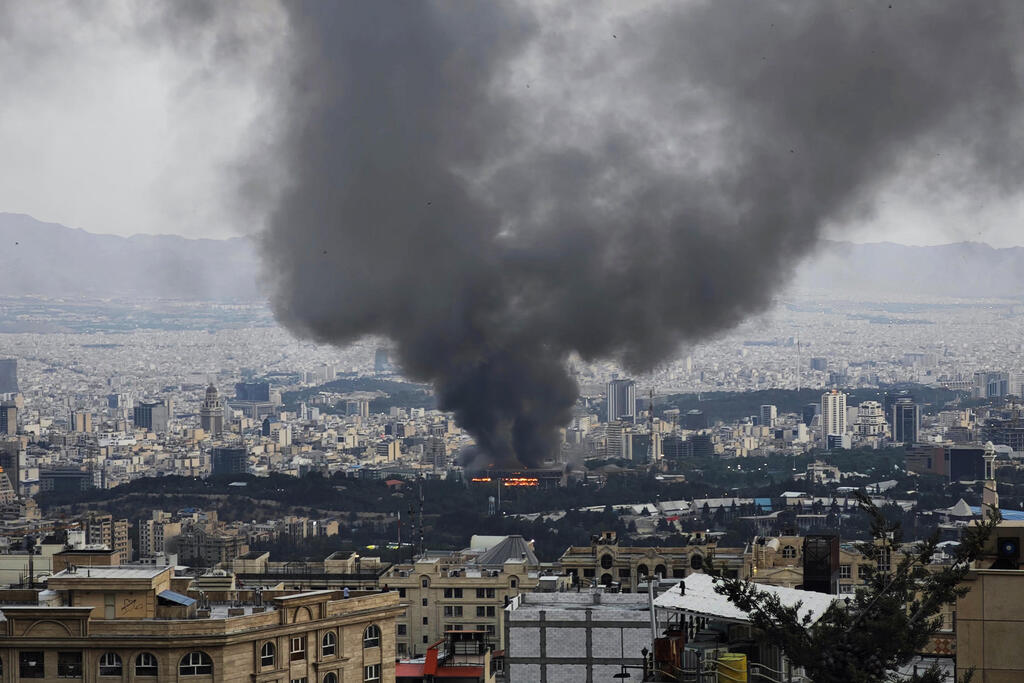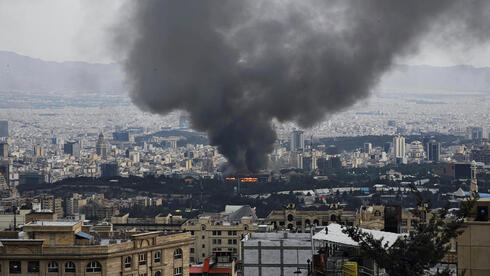A series of mysterious explosions and fires has struck Iran over the past two weeks, setting ablaze residential buildings, oil refineries, a road near a major airport and even a shoe factory.
Iranian authorities have publicly dismissed the incidents as coincidences or blamed them on aging infrastructure. The response appears aimed at calming public anxiety following a recent war in which Israel’s air force reportedly took control of Iranian airspace during a 12-day conflict.
1 View gallery


Israeli strike in Tehran
(Photo: Stringer/Getty Images)
However, The New York Times reported Wednesday that three Iranian officials, including a member of the Islamic Revolutionary Guard Corps, believe many of the incidents were acts of sabotage. They suspect Israel, which has a long record of covert operations inside Iran, including assassinations and bombings.
A European official involved in Iran-related matters also said he assessed the incidents as sabotage likely involving Israel. While none of the officials provided evidence to support their claims, Iranian authorities have not offered a convincing explanation for the apparent surge in gas explosions, which are reportedly occurring daily across the country.
Some of the incidents have hit strategic infrastructure. On Saturday, a fire broke out at a major oil refinery in the southern city of Abadan, killing one person, injuring several others and shutting down a production line. Other blasts in apartment buildings and factories have deepened a growing sense of chaos and instability.
Despite internal suspicions, Iranian officials have refrained from publicly accusing Israel, reportedly out of concern that doing so could obligate Iran to retaliate — a move the government may be unwilling to make following damage to its defense systems during the recent conflict.
Israeli officials declined to comment to the Times. However, the paper cited a June speech by Mossad chief David Barnea, who said, “We will continue to keep a close watch on every project in Iran, which we know thoroughly. We will be there, just as we have been up until now.”
